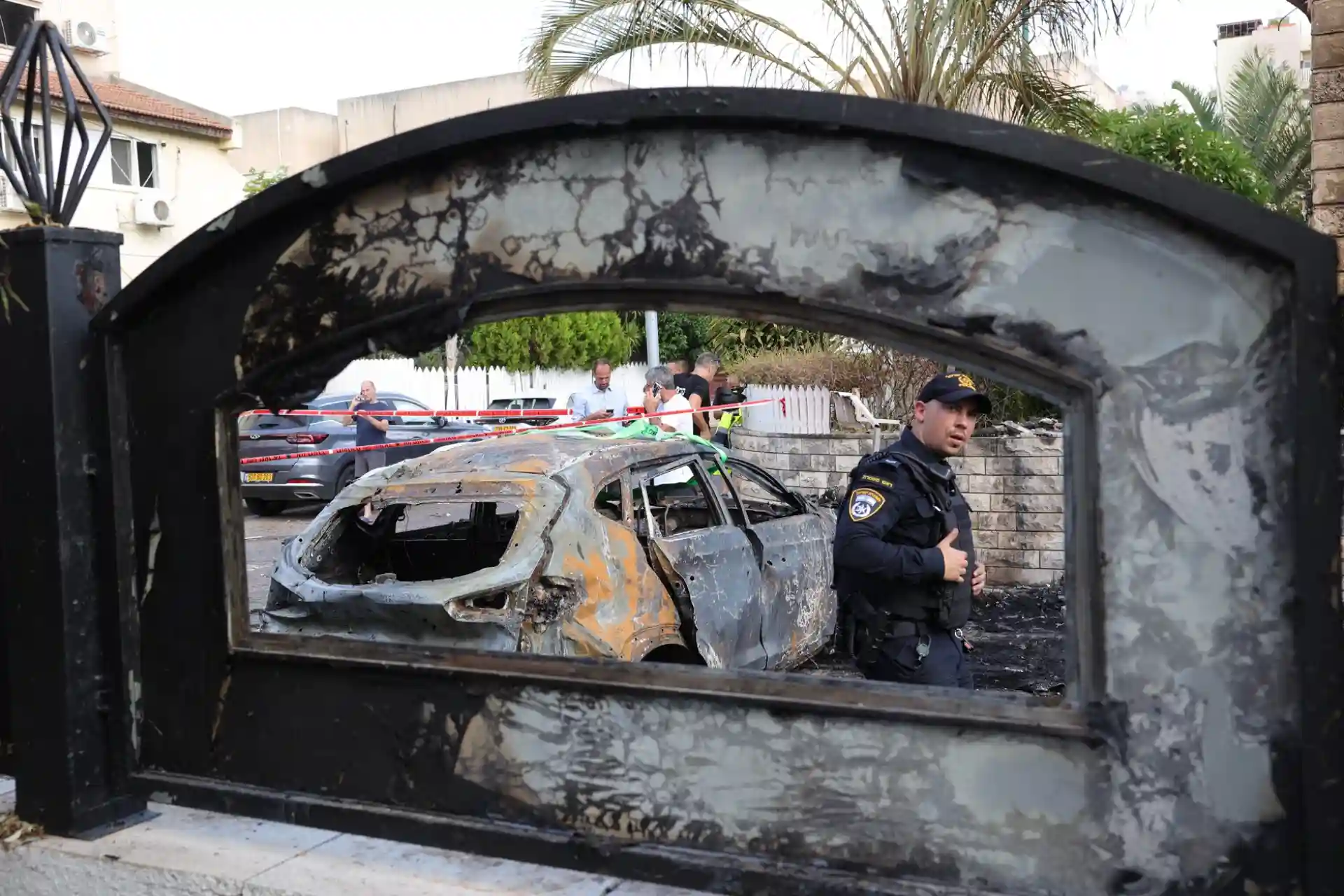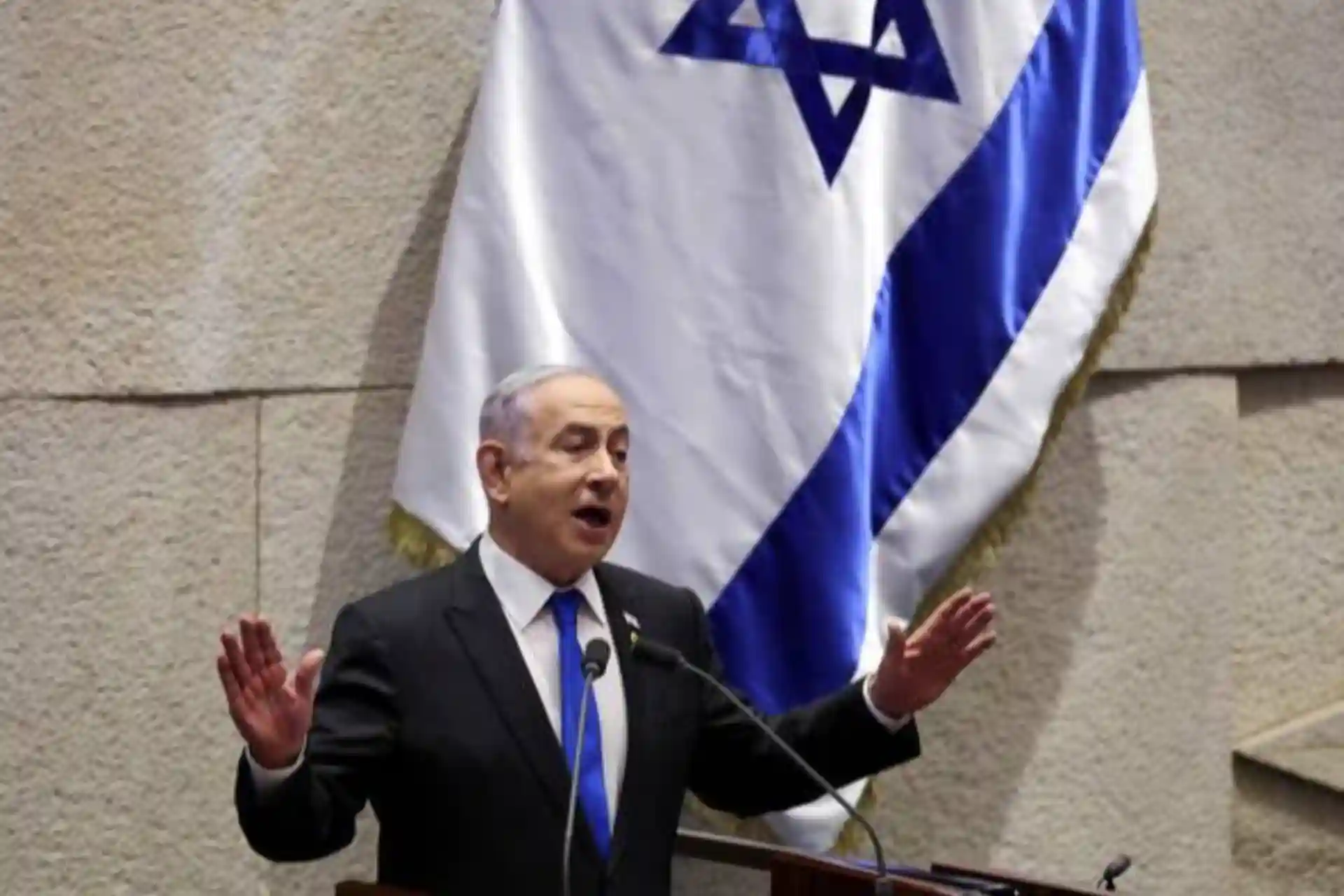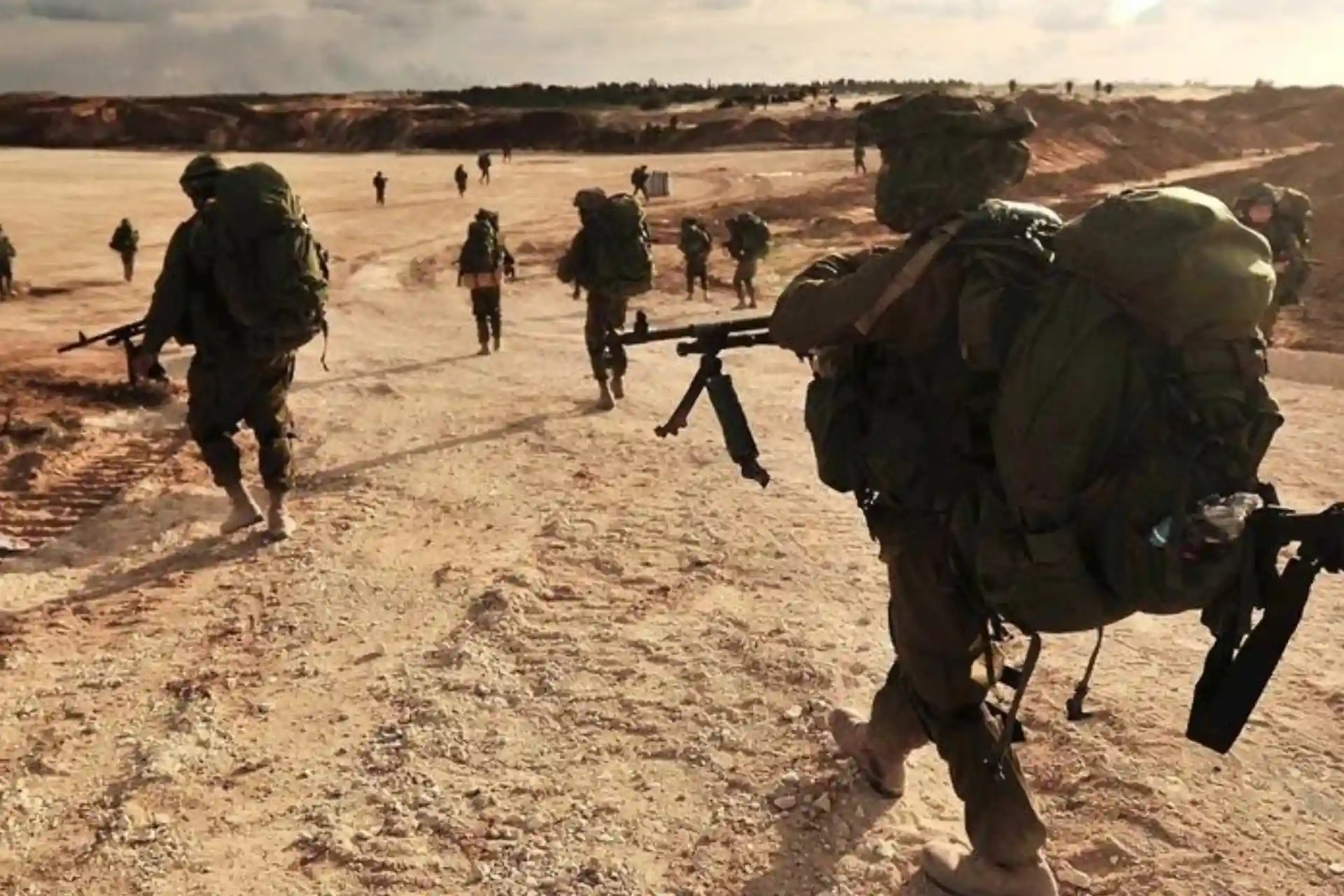Is the day of Israel starting a new war against Lebanon coming to an end?
The non-state and under-resourced resistance forces in Palestine, Lebanon and Yemen have been effectively resisting the powerful state-backed Israeli arsenal for a year is a truly historic achievement in the history of anti-colonial liberation wars - from an article by researcher Hisham Safiaddin.
A series of brutal Israeli attacks against Lebanon last week, including the bombing of communications facilities and airstrikes on the outskirts of Beirut's Dahiya district, have taken a toll on Hezbollah.
As a result of the attacks, a large number of civilians were killed, besides dozens of fighters of the Shiite movement, high-ranking commanders of the elite unit "Radwan" were killed.
On Monday, Israel stepped up its attacks and heavily bombarded southern Lebanon and the Bekaa Valley, killing and injuring more than a thousand local residents in a matter of hours.
The ability of the Zionists to infiltrate Hezbollah's communications network and eliminate its high-ranking members casts doubt on the ability of the resistance forces to operate effectively on the battlefield. Failures in intelligence can seriously affect the overall course of the war.
The number of such incidents increased significantly after the plane crash of former Iranian President Ibrahim Raisi, a patron of the Shia movement, in May.
People's unity
Despite the seriousness of the failures and the need for accountability for these violations, the public response to the attack and Hezbollah's swift military response over the weekend served as a symbol of resilience for civilians and resistance forces alike.
Domestically, Israel's bloody attacks have sparked a wave of public sympathy, national solidarity and support for the thousands of victims. Drivers and blood donation volunteer doctors joined the rescue and treatment efforts.
Political groups such as representatives of the Lebanese government, the Free Patriot Movement, which has a strong relationship with Hezbollah, and the Progressive Socialist Party of Druze leader Walid Jumblatt, have moved towards the Shiite movement. Their decision, albeit symbolic, eased the wave of suspicion and fear fueled by Hezbollah's traditional rivals.
On the military front, the Shiite movement fired dozens of short- and long-range rockets targeting several urban centers as far south as Haifa. Among the targets were an electronics manufacturing complex and facilities at Ramat David, Israel's largest military air base.
More importantly, the intensification of resistance operations thwarted the stated objectives of the invaders.
In particular, the two main goals of the attack on Lebanon are to separate the northern front from Gaza and return tens of thousands of Jewish settlers to occupied Northern Palestine. For now, the implementation of these plans remains in question.
A new stage
Over the weekend, Hezbollah Deputy Secretary General Naim Qassim announced that the war had reached an advanced stage and that more Lebanese would be forced to flee.
Hezbollah rockets also forced tens of thousands of residents of several towns and villages to seek refuge in Israel. Schools are closed. Hospitals were reportedly instructed to send the wounded to underground bunkers.
The extent of damage to Zionist military facilities is unclear, as Tel Aviv strictly prohibits media coverage of its losses.
However, if we take into account that these facilities are not fully protected from Hezbollah's missiles and that the Iron Dome cannot intercept all missiles, it is understandable that Israel's ability to deter it is weakening.
Hizbullah's long-range missiles stationed further from the border are also preventing the invaders from entering Lebanese territory south of the Litani River by land.
At the same time, the declarations of solidarity and military support issued by the Shia movement's allies in Palestine, Yemen and Iraq also reinforce the principle of "united fronts". This means that it is impossible to consider the current resistance separately, and a war against the Zionists has begun on a broad front.
"Hezbollah" has repeatedly stated that Israel should stop its war against Gaza in order to return the Israeli settlers to the northern settlements.
Traitor governments and Western protection
Israel's high-profile attacks on the northern front show that Tel Aviv is bent on undermining a just and reasonable solution. As the occupiers openly attack Lebanon, they continue to brutally bomb the Palestinians in Gaza.
Further east, Israeli armed forces are carrying out heavy raids against refugee camps, towns and villages in the West Bank. Jewish settler radicals are destroying homes in Palestine.
The Nazis would not have been able to afford such a large military expenditure without the support of the United States and its Western allies behind Israel.
In addition, the ineffectual condemnations of the UN, the ineffectual protests of US rivals such as China and Russia, and the open support of Israel by Arab countries and governments, especially those bordering on Palestine such as Jordan and Egypt, further enrage the Zionists.
From this point of view, the fact that non-state and under-resourced resistance forces in Palestine, Lebanon and Yemen have been effectively resisting the powerful state-backed Israeli arsenal for a year is a truly historic achievement in the history of anti-colonial liberation wars. Time will tell the rest...
Only one question remains unanswered: how long will the countries that are worried about the rise of US imperialism stand by silently?
Hisham Safiaddin , researcher



